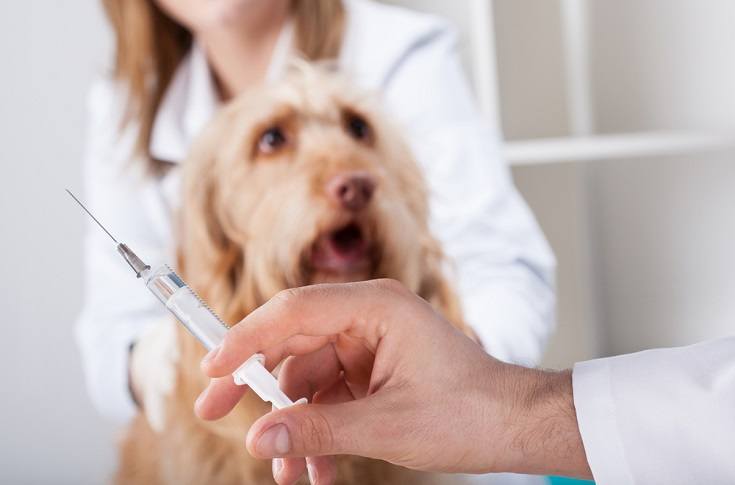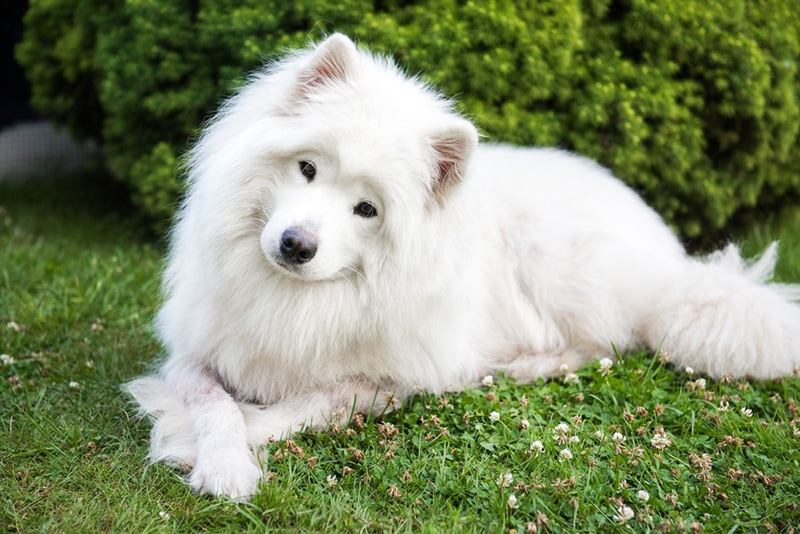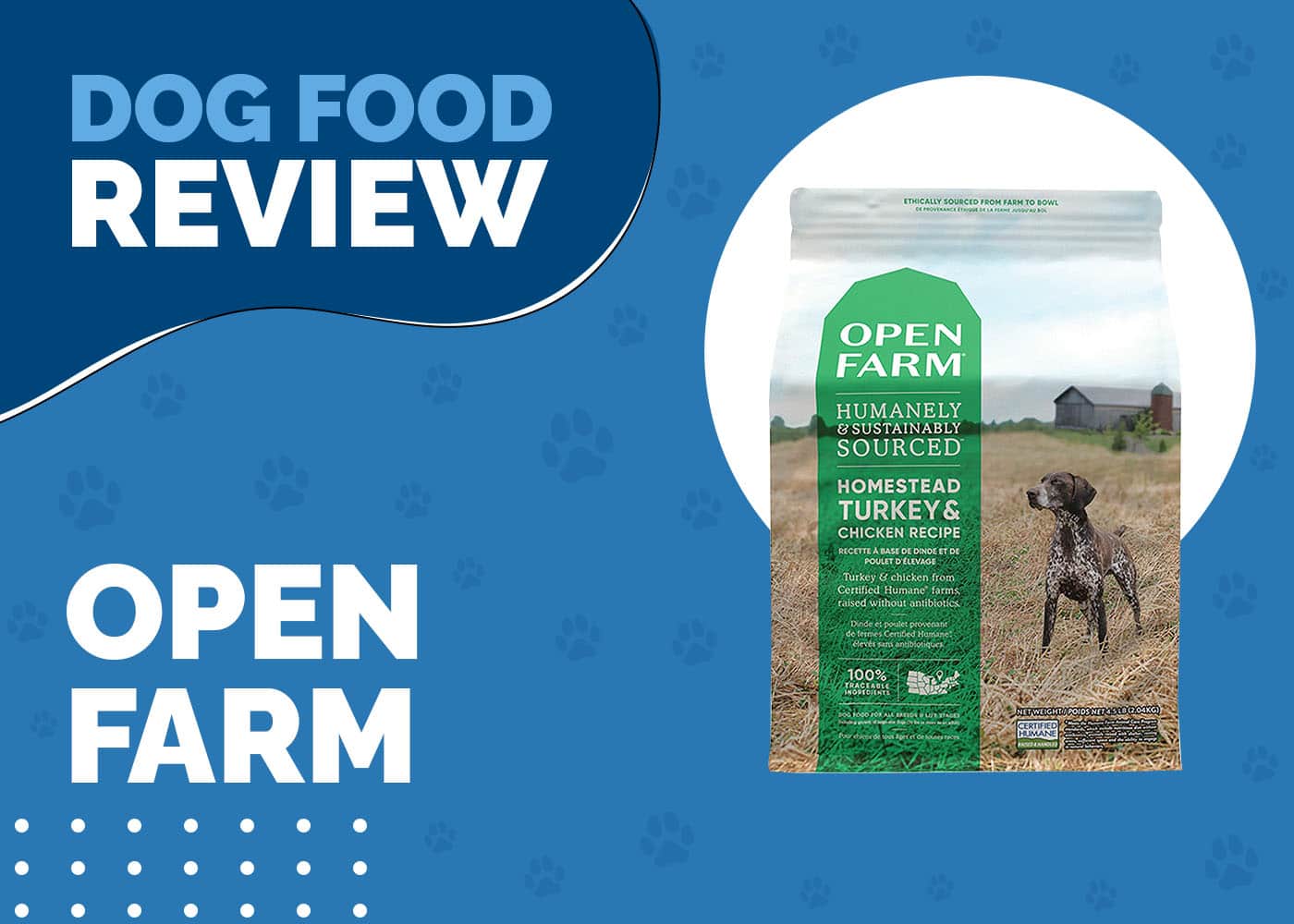Are Great Pyrenees Good with Other Dogs? Facts & Tips
By Ashley Bates
Updated on
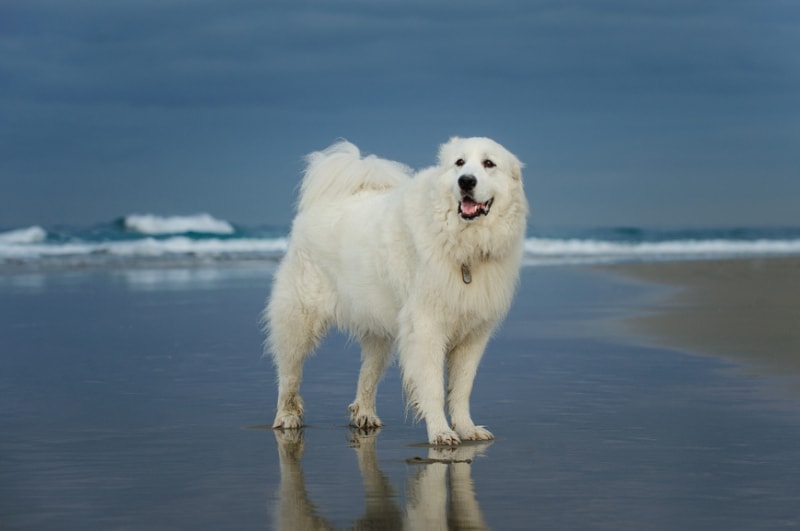
Click to Skip Ahead
The Great Pyrenees breed is one of a kind. This beautiful, long-haired pup is a gentle, affectionate, and loyal companion. To top it off, the Great Pyrenees can make an absolutely exceptional companion for other dogs. They have a very slow, easy-going nature and would love to have another canine companion around.
The Great Pyrenees do best when raised alongside dogs, but will likely acclimate later in life with a little effort. So, meet and greets should be a priority if you’re looking to bring home a fully grown Great Pyrenees. They will likely befriend any new canine with proper introductions and time.
The Great Pyrenees and Their Agreeable Nature
One major appeal for people who love the Great Pyrenees is the gentle, warm nature of the breed. It is a kind-hearted, slow-paced dog with terrific discernment to curb protective instincts. This is certainly a lover, not a fighter.
However, they will have your back. If any animal on your property is in danger, they will put their best foot forward. If a child is in trouble, they’re on the case. These dogs promote a perfect balance of docile and actionable.
So, their natural inclinations make them dog-friendly. However, many factors go into compatibility amongst dogs. Some are tolerant of all dogs, while others pick and choose. Proper introductions are a must to make sure the dogs will get along.
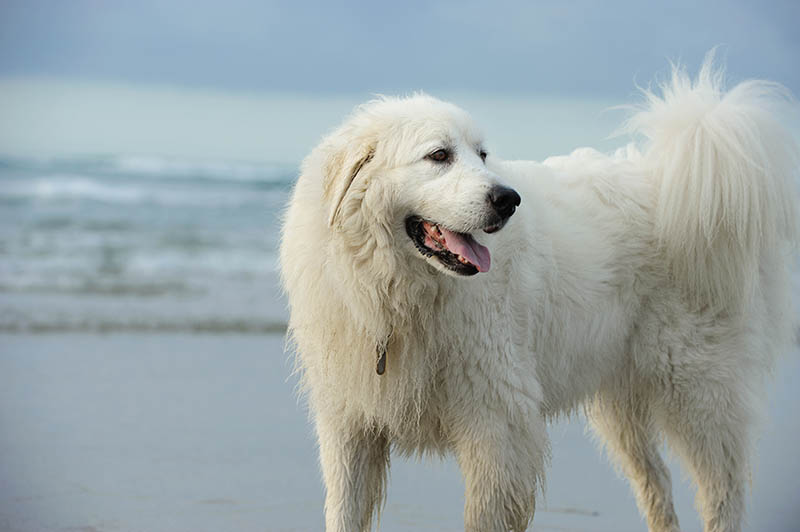
Incompatibilities with Other Dogs
Of course, certain dogs are compatible while others are not. Compatibility has more to do with individual dogs than breed. If you bring home a Great Pyrenees that is already fully established, they might dislike another dog based on sex, personality, or activity level. On the opposite end, one of your dogs might oppose them.
Here are some common reasons for hostility among dogs.
Sex
Some dogs struggle with same-sex dog aggression. They might become very agitated, territorial, and even violent. Staying ahead of this problem is important, as it can lead to injury and unnecessary quarrels.
Often, female dogs have this tendency over their male counterparts. For this issue, behavior modification training is a must. Great Pyrenees can sometimes exhibit this problem, though usually only in adult dogs of the same sex introduced later in life.
Personality
Some dogs just don’t handle other dogs very well. A conflicting difference in personality can cause the two to just never really see eye to eye. While this can generally be managed, you probably want your pups to be best buddies instead of merely tolerating one another.
Activity Level
If you have one dog that can’t get enough out of their evening naps and another that wants to be on the go constantly, it can cause a little conflict among them. Ideally, if the two matched, they could entertain each other while burning some energy.
The 4 Tips to Foster Good Canine-Canine Relationships
The Great Pyrenees are often tolerant or even excited to have other doggy buddies around. They have a calm temperament and usually have a lot of patience. So, while acclimating your dogs might seem simple, here are a few ideas to make the transition smoother.
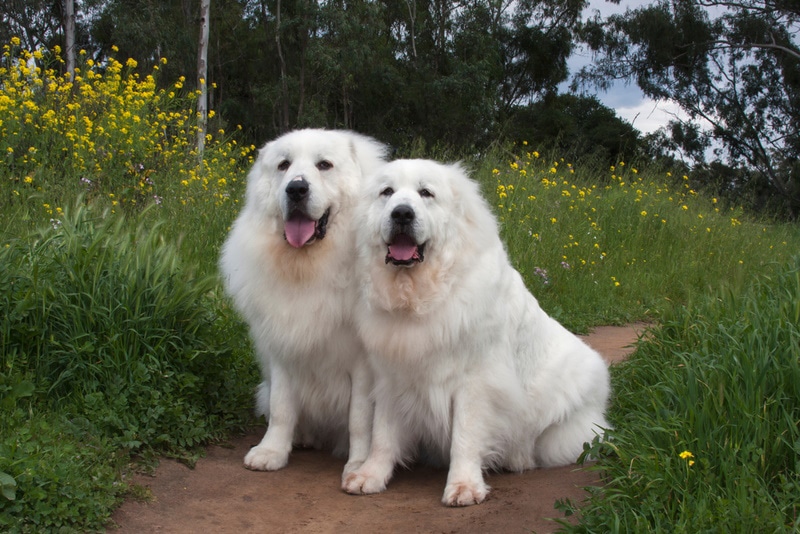
1. Start with a Meet and Greet
Whether buying a puppy from a breeder or adopting a dog, you must check compatibility first. You can be very interested in a specific dog only to realize your lifestyle simply doesn’t match some dogs’ activity level and personality.
If you have children or existing pets, make sure they meet the puppy or dog so you can judge the interaction. You can comfortably follow through if all seems to go smoothly with no hiccups. If there are concerns, you can address them and make a judgment call.
2. Understand the Combined Breeds
To assess how you will introduce the dogs, consider both personalities. Some breeds are hyper and ready to play with every newcomer. Others take their time warming up or might act less enthused by a fresh playmate.
If you know a lot about both breeds, you can address problems as they come and become more aware of potential snags in progress from either party. You can help them engage in fun activities that will entertain everyone.
3. Interact with Both Dogs Equally
When your dogs are around each other, sometimes it’s best you play the direct mediator. This allows your dog to know everything is okay and the new pup to warm up to the situation. If your dog knows you accept the strange pooch, they will feel comfortable, too.
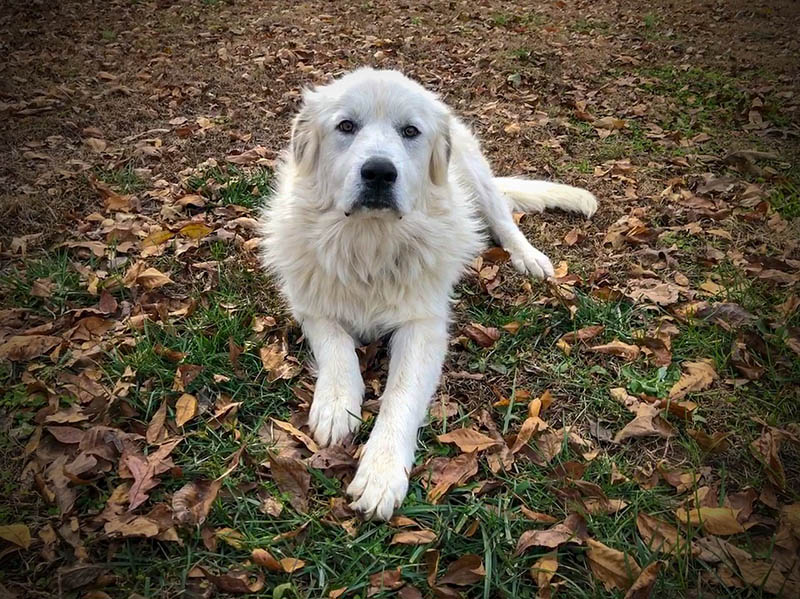
4. Do Nothing
Sometimes dogs warm up immediately on their own—it’s the reaction every dog lover dreams of. After all, if your dogs become immediate best friends, you know you made an excellent decision.
So, sometimes, all you have to do is sit back and be entertained by the playful shenanigans going on between the two.
The 4 Other Facts About Great Pyrenees
In addition to being good with dogs, we think some other things about the Great Pyrenees are pretty important for you to know.
1. The Great Pyrenees Is Excellent with Children
The Great Pyrenees have a very parental quality, meaning they tend to have a soft spot for children. Even though a young Great Pyrenees might not yet know their size, they tend to be more cautious around little kids.
However, males mature slower and might not be as focused on being easy around little ones. However, each pup will differ from the other. But one thing is for sure—these dogs will build strong bonds with those of all ages in your household.
If you have a sizable yard or open land, the Great Pyrenees will likely follow your children around to watch, guard, and protect them. These are fantastic companion animals for growing families.
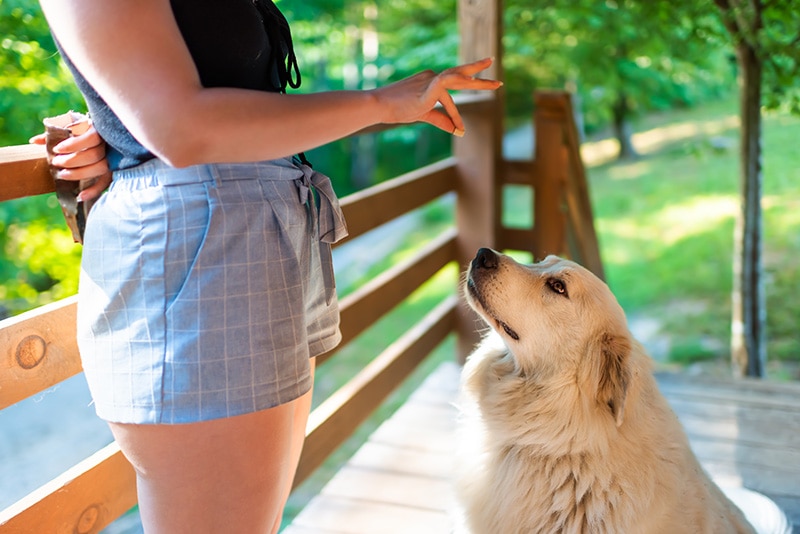
2. The Great Pyrenees Needs a Lot of Space
These dogs work best in homes with lots of land to roam and explore. They will get very bored in a city-living situation, and they might even be unhappy. These dogs need constant access to open space.
They do best with people who have larger homes to accommodate their size. However, when properly exercised, their temperament can be very agreeable to more relaxed lifestyles.
3. The Great Pyrenees Is Protective
If you have lots of land or precious livestock, such as chickens, goats, and waterfowl, the Great Pyrenees will diligently work to ensure these animals are protected. They were designed to deter and control predators in farm settings.
4. The Great Pyrenees Requires Daily Grooming
The Great Pyrenees have a thick, coarse double coat requiring daily maintenance. If these animals are going to be primarily inside pets, it is crucial to get them acclimated to having a daily brushing session.
It’s important to have a few different brush types on hand. For daily maintenance, your Great Pyrenees will need a brush that will penetrate their thick coat, reaching the undercoat to collect shed, dander, and debris.
These large dogs can be very challenging for some folks to bathe at home. You may be better off going to a groomer for a total clean every 4 to 6 weeks. Prices and services will vary based on location.
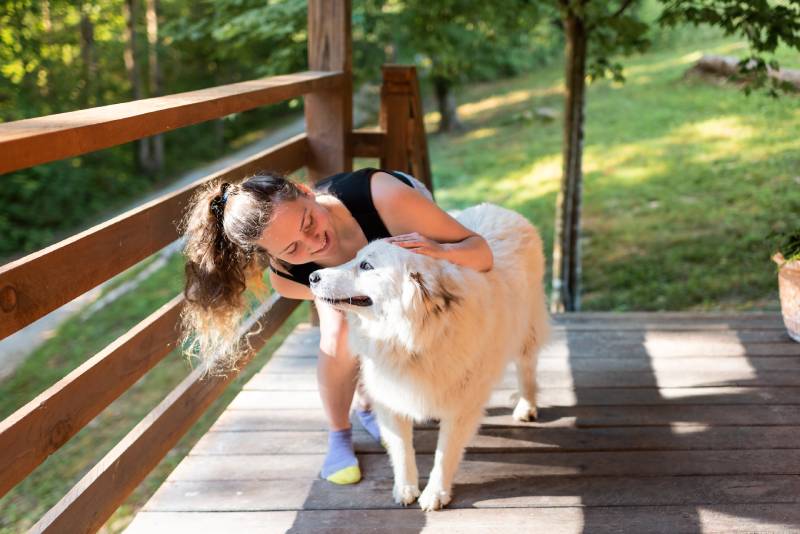
Conclusion
If you want to add a new dog to your home or are interested in a Great Pyrenees puppy, we hope we gave you some vital details on what to expect. These dogs are usually compatible with other dogs, having an abundance of personality and energy.
If you want to purchase a Great Pyrenees puppy, do your research and make sure to choose a reputable breeder.
See Also:
Featured Image Credit: everydoghasastory, Shutterstock


